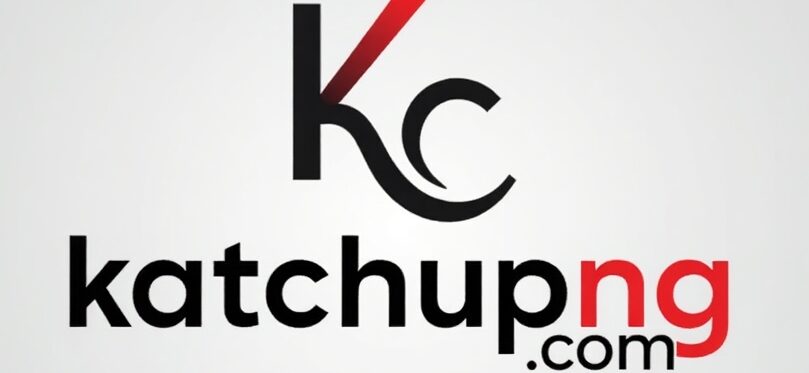The United States is moving away from its long-standing “duration of status” policy for international students and foreign media workers, replacing it with fixed stay limits. This change could significantly affect thousands of students, researchers, and journalists from around the world, including many from Nigeria and across Africa.
What’s Changing?
Previously, holders of F-1, M-1, J-1, and I visas could remain in the U.S. as long as they complied with the rules of their program—studying full-time, keeping their records active, and maintaining status. There was no specific end date; your lawful stay depended on your continued compliance.
Under the proposed system, this flexibility disappears. Each visa holder would instead be admitted for a set period of time, clearly stated on their entry record (I-94). To remain in the U.S. beyond that date, they must either apply for an extension or leave and re-enter with new aauthorisation..
In short: your lawful stay will no longer be open-ended. It will come with an expiration date.

Who Will Be Affected?
- F-1 students in academic programs
- M-1 students in vocational programs
- J-1 exchange visitors (interns, trainees, researchers, au pairs, etc.)
- I visa holders working in foreign media (correspondents, editors, producers, film crews)
Dependents on F-2, M-2, J-2, and I visas will also be affected, since their status depends on the principal visa holder.
Why Fixed Limits?
U.S. authorities argue that fixed limits will:
- Improve monitoring and enforcement with clear deadlines.
- Reduce long-term “status drift” by students who delay progress.
- Allow more frequent checks for security and compliance.
- Standardise stay periods across categories.
How It Will Work
- Definite admission period: Your I-94 will carry a fixed end date.
- Mandatory extensions: You must apply before expiry if your studies, training, or assignment continues.
- No room for lapses: Falling out of status can happen quickly, even by a few days.
- Dependence on accurate documents: School or employer records (I-20, DS-2019, HR letters) must always match your actual activities.
What It Means for Students
- Academic timelines: Programs that typically run longer, such as PhDs, will almost certainly require at least one extension.
- Financial scrutiny: Extension requests will likely require updated proof of funding—bank statements, scholarships, or assistantships.
- OPT/STEM OPT: Work authorisation periods must align with I-94 dates. Students may need to extend status to complete training.
- Transfers and delays: Changing schools, degrees, or extending research timelines will demand stronger documentation and early planning.
What It Means for Media Professionals
- Assignment-based stay: Admission will reflect the length of your media assignment.
- Renewals required: Extended postings will need fresh employer letters, updated accreditation, and in some cases, new visas.
- Employer or role changes: Switching news outlets or bureaus may trigger re-evaluation of your visa status.
- Frequent travel: Each re-entry will require current documents confirming your role and assignment.
Key Risks
- Missing an extension deadline = unlawful presence.
- Mismatched records between paperwork and actual activities.
- Assuming extensions are automatic—they are not.
- Travelling at the wrong time and facing refusal on re-entry.
How to Stay Prepared
- Track your dates: Set multiple reminders well before your I-94 expires.
- Organise documents: Keep all academic, financial, and employment proofs updated and accessible.
- Communicate early: Students should check with their DSO/RO each semester; media workers should coordinate with HR and legal teams.
- Budget for costs: Extensions come with filing fees, SEVIS fees, and sometimes travel expenses.
Bottom Line
The fixed-stay system is not a barrier, but it is a test of organisation. The U.S. is essentially saying: prove your progress, prove your funding, prove your purpose and do it on time.
Students who plan ahead can still complete their programs and training without disruption. Media professionals can still carry out long-term assignments, provided their documentation is always current.
In this new system, success will not come to the lucky, it will come to the prepared. Keep your records updated, your deadlines in check, and your paperwork airtight. That is how to stay ahead when the rules change.






